#george grizzard
Explore tagged Tumblr posts
Photo

Character Actor
George Cooper Grizzard Jr. (April 1, 1928 – October 2, 2007) Stage, television, and film actor. He was the recipient of a Grammy Award, a Primetime Emmy Award and a Tony Award, among other accolades.
Grizzard made his television debut on Alfred Hitchcock Presents. He guest starred in many television series, including The Millionaire, Thriller, The Twilight Zone, Espionage, Ben Casey, Dr. Kildare, Rawhide, Marcus Welby, MD., Hawaii 5-0, Trapper John, MD, Spenser: For Hire, The Cosby Show, Murder, She Wrote and The Golden Girls.
Grizzard guest-starred several times during the 1990s on the NBC television drama Law & Order as defense attorney Arthur Gold. He also portrayed President John Adams in the Emmy Award-winning WNET-produced PBS miniseries The Adams Chronicles. In 1980, he won an Emmy for his work in The Oldest Living Graduate. He starred as reporter Richard Larsen in The Deliberate Stranger, a television movie about serial killer Ted Bundy. (Wikipedia)
3 notes
·
View notes
Text




3rd Rock from the Sun
3.20 My Daddy's Little Girl (1998)
#3rd Rock from the Sun#Kristen Johnston#Jane Curtin#George Grizzard#1990's#1990s#90's tv#90s tv#my gifs#userthing#cinematv#cinemapix#filmtvcentral#userstream#usersoph1#tvedit#smallscreensource#tvarchive#chewieblog#dailyflicks
46 notes
·
View notes
Text
BLOGTOBER 10/2/2024: THE STRANGER WITHIN (1974)


I wish I had made this the first movie of the season, because it was an ABC Movie of the Week from October 1, 1974! I really enjoyed this weird thriller about how Barbara Eden gets pregnant despite her husband George Grizzard's vasectomy, and her increasingly bizarre behavior suggests that something more than infidelity is afoot. Screenwriter Richard Matheson adapted his own 1953 novelette Trespass, and I have learned that a novelette is longer than a short story and shorter than a novella. I did not know this.

Roe v. Wade was codified the year before THE STRANGER WITHIN came out, and the film is full of casual but surprisingly frank remarks why a person might need an abortion. Barbara Eden had a traumatic miscarriage not long ago, which motivated George Grizzard's vasectomy, and his suspicions about her mysterious new pregnancy are threatening the integrity of the marriage, and then she starts getting sort of sick or something--so it's clear that a person might be reasonably entitled to end a pregnancy based on various quality of life issues for the child and the mother. I wonder if it was a big deal for Barbara Eden to choose to do this movie where she and her costar regularly and openly discuss abortion with no moral quibbling. I wonder also if it was a big deal for ABC to show it, at the dawn of legal abortion.

Anyway, soon the couple has bigger problems than family planning, because Barbara Eden becomes hypersensitive to sound, and she needs the house to be ice cold, and she makes weird paintings, and she eats pounds and pounds of salt with scalding black coffee, and she craves information which she absorbs through her hands, rubbing and touching and feeling everything in the library. The couple gets Bob the hypnotist (David Doyle) involved, and it seems like hypnotism is a really great job if you are a gigantic busybody who immediately asks and won't stop asking probing personal questions, even if people beg you to stop. Anyway, Bob has one of the best lines of dialog I've heard all year: "Why do people always assume that anything from outer space is horrible?"

THE STRANGER WITHIN is not a perfect film; it's an obvious ROSEMARY'S BABY knockoff with a little EXORCIST sprinkled in, and for a movie that is only 75 minutes long it has a few too many long scenes of Barbara Eden wandering aimlessly in nature as she communes with whatever knocked her up. But it's intriguing and entertaining, and it seems like everyone enjoyed making it, especially cinematographer Michael D. Margulies whose pedigree includes John Cassavetes' MINNIE AND MOSKOWITZ, POLICE ACADEMY, DIRTY MARY CRAZY LARRY, and of course, THE BABY. Night scenes are illuminated by dramatic pools of light and splashes of saturated color, which heightens the drama even of exposition and repetitive bickering; it's just a fun movie overall. Recommended for viewers who assume that anything from outer space is horrible.

#blogtober#2024#the stranger within#abc movie of the week#made for tv#barbara eden#george grizzard#joyce van patten#david doyle#richard matheson#lee philips#michael d. margulies#horror#sci-fi#science fiction#pregnancy horror#alien abduction
13 notes
·
View notes
Text
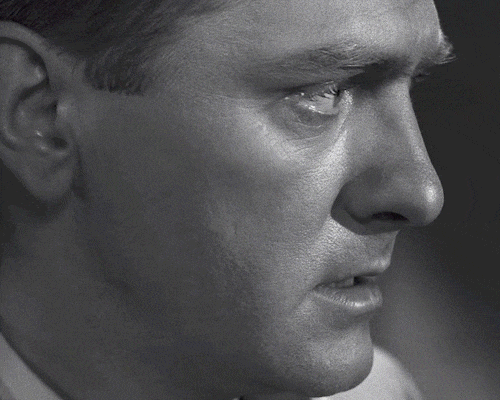

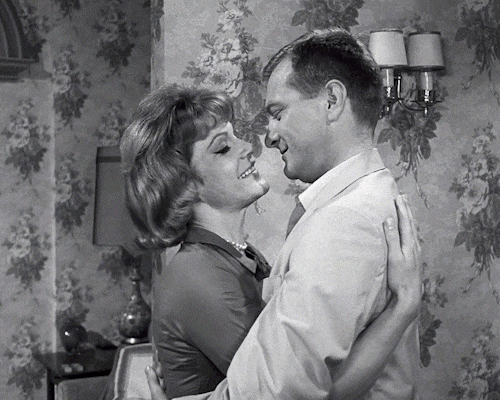



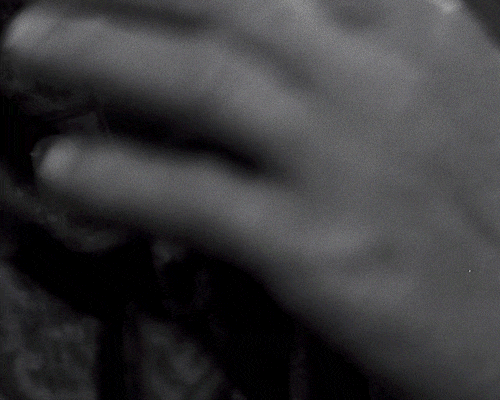
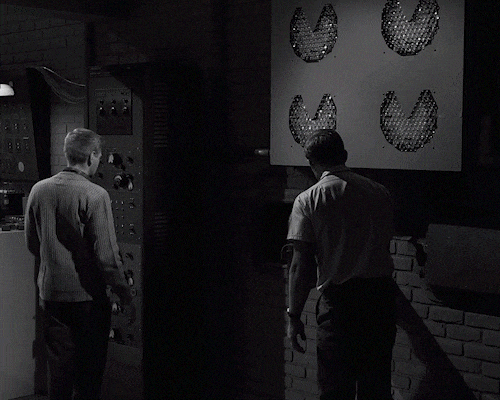



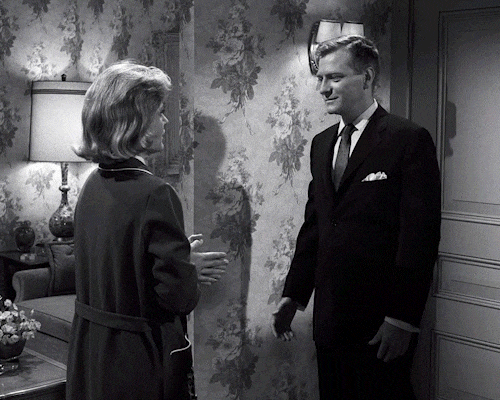
In a way, it can be said that Walter Ryder succeeded in his life's ambition, even though the man he created was, after all, himself. There may be easier ways to self-improvement, but sometimes it happens that the shortest distance between to points is a crooked line - through the Twilight Zone.
The Twilight Zone | 4.01 In His Image
#thetwilightzone#ttz#ttzedit#thetwilightzoneedit#1960's#1960's tv#1963#retrotv#retroedit#in his image#4.01#4x01#rod serling#george grizzard#gail kobe#katherine squire#on this day
36 notes
·
View notes
Text

8 notes
·
View notes
Text

Rod Serling ֍ George Grizzard & Patricia Berry in The Twilight Zone Season 1 Episode 31: The Chaser (1960)
Narrator: [Opening Narration] Mr. Roger Shackelforth. Age: youthful twenties. Occupation: being in love. Not just in love, but madly, passionately, illogically, miserably, all-consumingly in love - with a young woman named Leila, who has a vague recollection of his face and even less than a passing interest. In a moment, you'll see a switch, because Mr. Roger Shackelforth, the young gentleman so much in love, will take a short but very meaningful journey into The Twilight Zone.
3 notes
·
View notes
Text










The Stranger Within (1974, Lee Philips)
6/3/24
#The Stranger Within#Barbara Eden#George Grizzard#Joyce Van Patten#David Doyle#Nehemiah Persoff#TV movie#70s#horror#mystery#science fiction#Richard Matheson#pregnancy#housewives#marital problems#babies#aliens#childbirth#Southern California
5 notes
·
View notes
Photo
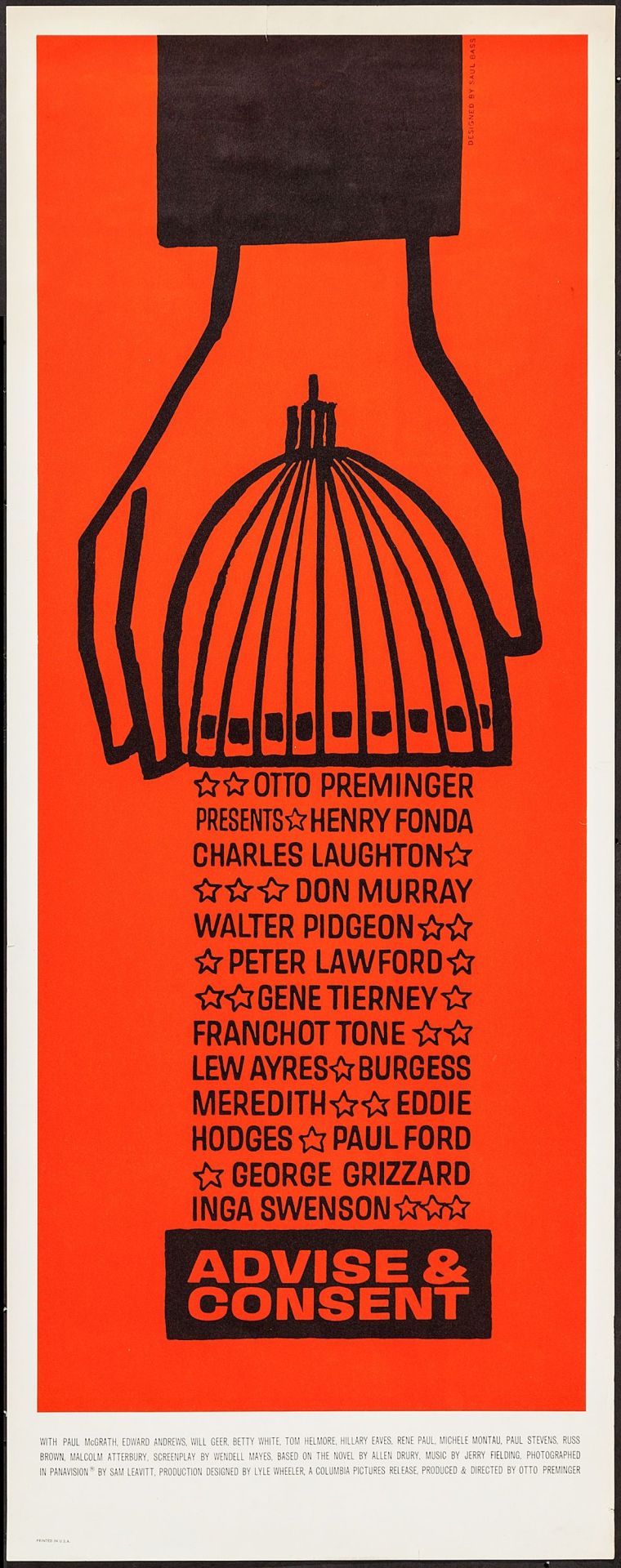
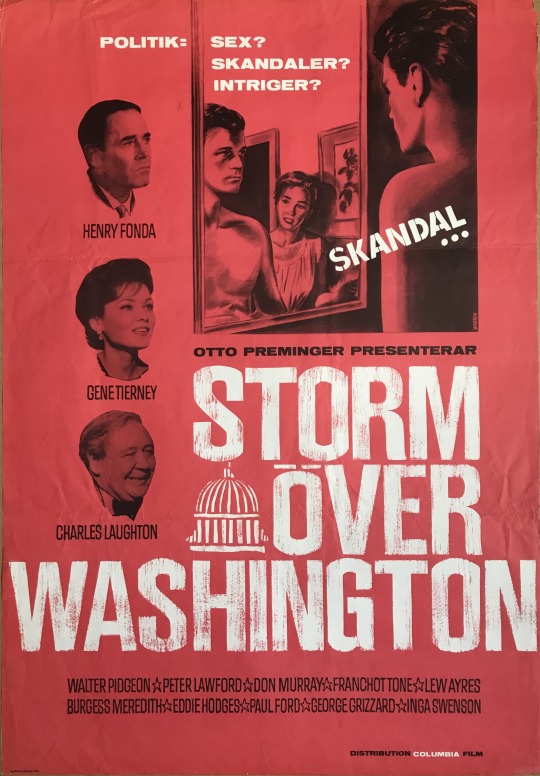
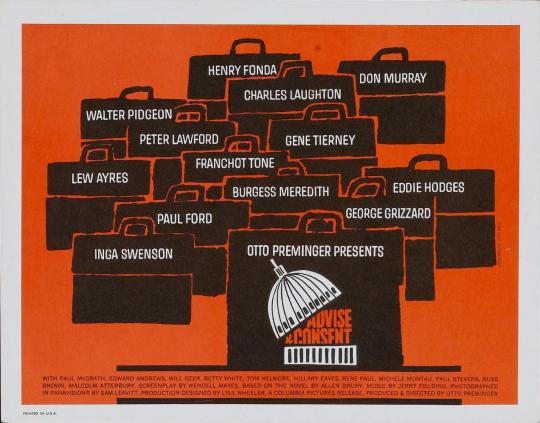


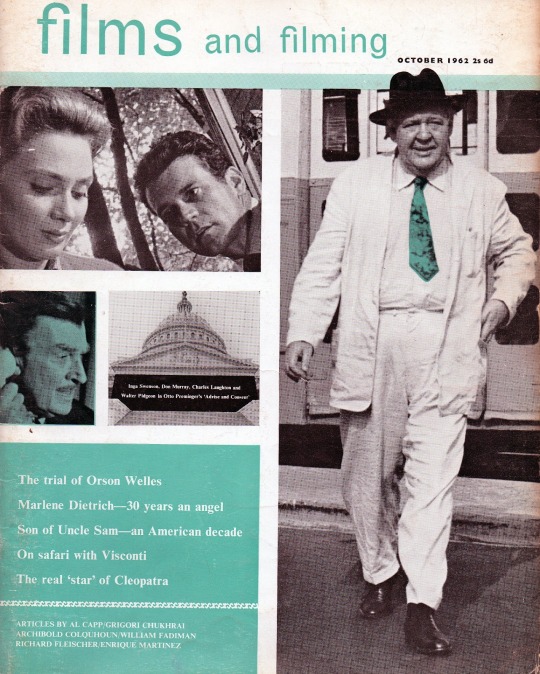
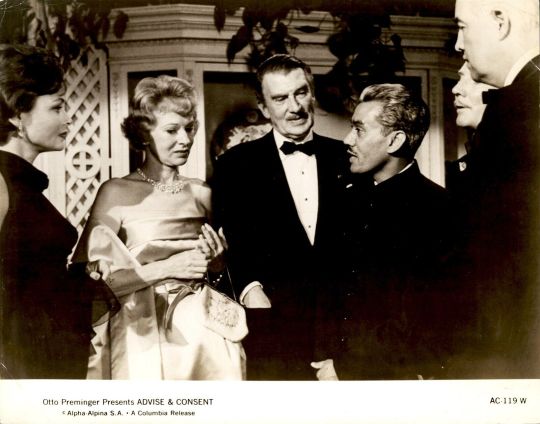

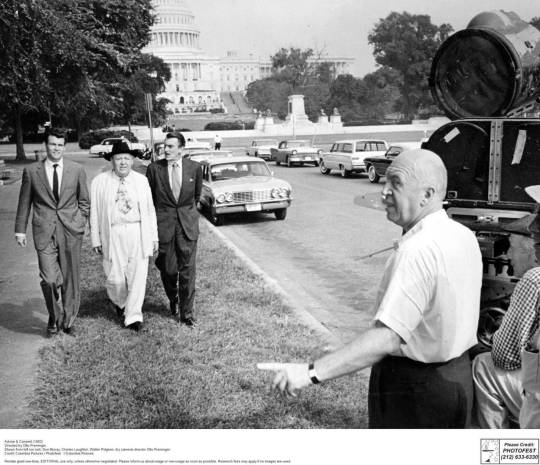
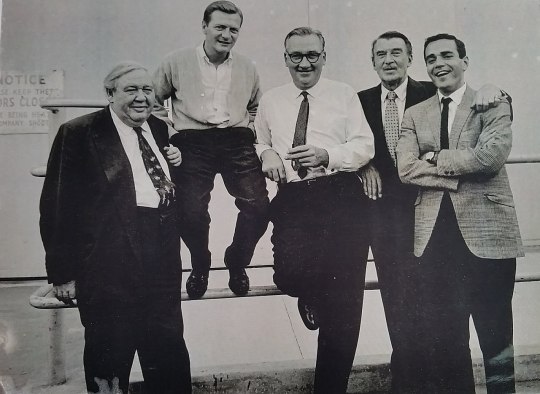
Advise & Consent (1962) Otto Preminger
June 3rd 2023
#advise & consent#1962#otto preminger#walter pidgeon#charles laughton#don murray#henry fonda#franchot tone#gene tierney#lew ayres#peter lawford#paul ford#george grizzard#inga swenson#burgess meredith#eddie hodges#paul mcgrath#advise and consent
10 notes
·
View notes
Text

#arlene francis#george grizzard#phyllis newman#tony randall#what's my line?#wml#look at them looking at raquel welch
2 notes
·
View notes
Text
Wrong Is Right (1982)
In today's review, I discover the lengths that the media will go to to get a good story, as I attempt a #positive review of the 1982 prophetic political satire Wrong Is Right #SeanConnery #RobertConrad #GeorgeGrizzard #KatharineRoss #GDSpradlin #JohnSaxon
The trick to a good, long-lasting satire is understanding that the problems often parodied don’t get fixed soon enough: are your elected officials letting you down? Count to a couple of years, and they will still be doing it again. Is the media stoking the flames of conflict, political or otherwise? Funny how the same criticisms were levied years ago. In 1982, a film showed the world as it is and…
#1982#Angelo Bertolini#Cherie Michan#comedy#Dean Stockwell#film#films#G. D. Spradlin#George Grizzard#Hardy Krüger#Henry Silva#Jennifer Jason Leigh#John Saxon#Katharine Ross#Leslie Nielsen#Mickey Jones#Movies#positive#review#Robert Conrad#Robert Webber#Ron Moody#Rosalind Cash#Sean Connery
0 notes
Text
youtube
Baseado em terríveis fatos reais: "David", 1988, o amigo de Michael Jackson!
#david movie#michael jackson#John Erman#real tragedy#David Rothenberg#80's movies#Matthew Lawrence#Bernadette Peters#John Glover#marie rothenberg#Dan Lauria#Barbara Tarbuck#Jack Rader#George Grizzard#Youtube
1 note
·
View note
Text
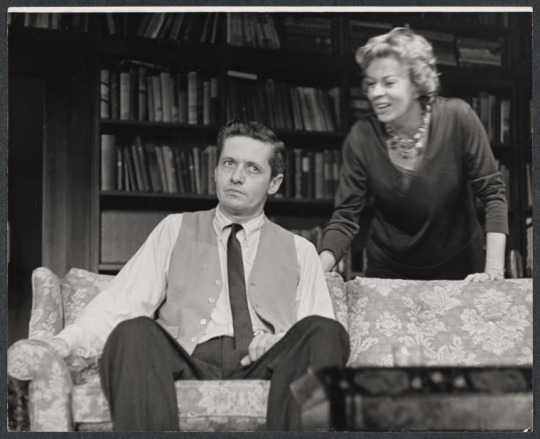
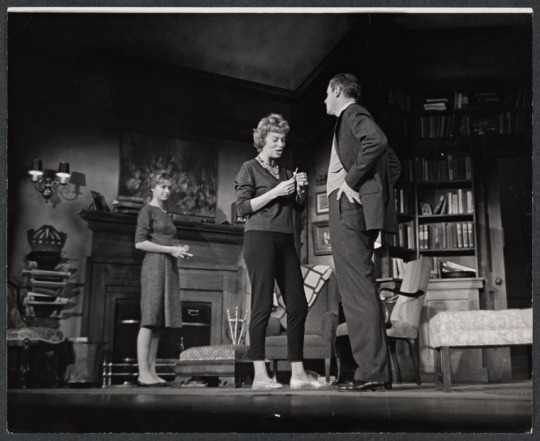


The original Broadway production of Edward Albee's "Who's Afraid of Virginia Woolf?" opened on October 13, 1962. The cast included Uta Hagen as Martha, Arthur Hill as George, Melinda Dillon as Honey and George Grizzard as Nick.
73 notes
·
View notes
Note
The bibliography sounds SO cool! Can you share some of your sources as a kind of sneak peek??
Hey, Anon! Sorry this is so late but I’d be happy to! These citations are a little informal but I’m working on cleaning them up. Here’s some of the primary and secondary materials I’m using (for Volume I of The American Icarus specifically):
Primary Materials
Hamilton, Alexander. The Papers of Alexander Hamilton, vols. 1-2. Ed. Syrett, Harold C. Columbia University Press, 1961-1962 (Digitized in partnership with the National Archives And Records Administration onto Founders Online here).
Laurens, John. The Army Correspondence of Colonel John Laurens, in the Years 1777-8, Now First Printed from Original Letters Addressed to His Father, Henry Laurens, President of Congress, with a Memoir Ed. Simms, William Gilmore. Bradford Club, 1867 (Digitized by the University of South Carolina here).
Washington, George. The Papers of George Washington, Revolutionary War Series, vols. 8-15. Ed. Chase, Philander D. Grizzard, Frank E. Jr. Hoth, David R. Lengel, Edward G. University Press of Virginia, 1997-2006 (Digitized in partnership with the National Archives And Records Administration onto Founders Online here).
Secondary Materials
Harris, Michael C. Brandywine: A Military History of the Battle That Lost Philadelphia But Saved America, September 11, 1777 Savas Beatie, 2014
Herrera, Ricardo, A. Feeding Washington's Army: Surviving The Valley Forge Winter of 1778 The University of North Carolina Press, 2022
Newton, Michael E. Alexander Hamilton: The Formative Years Eleftheria Publishing, 2015
Lefkowitz, Arthur, S. George Washington’s Indispensable Men: Alexander Hamilton, Tench Tilghman, And the Aides-De-Camp Who Helped Win American Independence Stackpole Books, 2003
#grace's asks#thanks for the ask!#the american icarus#TAI#alexander hamilton#amrev#writers on tumblr#historical fiction#amwriting#american history#writing community#bibliography#historical research#historical letters#the american revolution#history
7 notes
·
View notes
Text




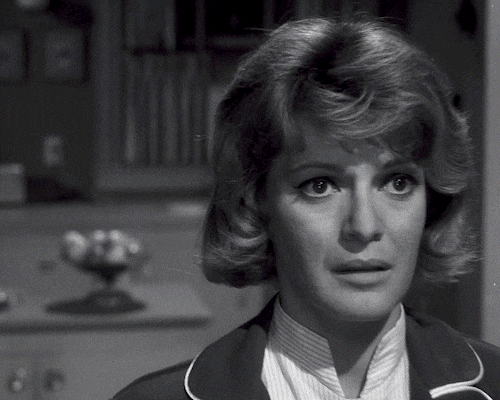
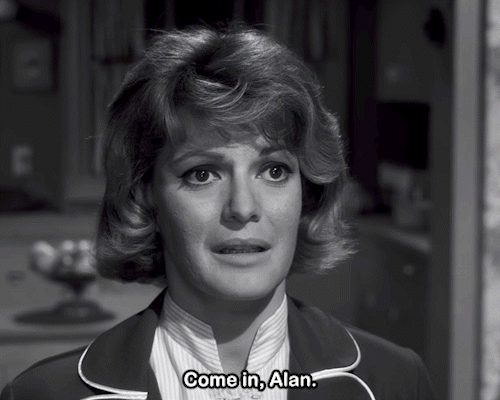
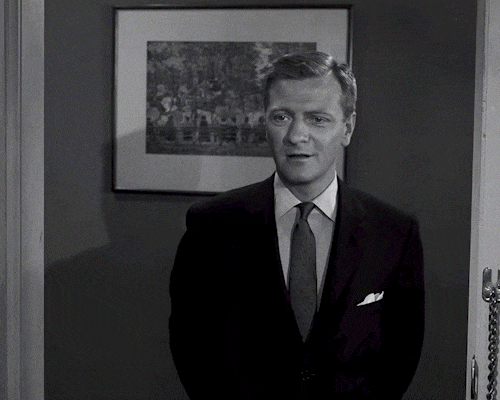

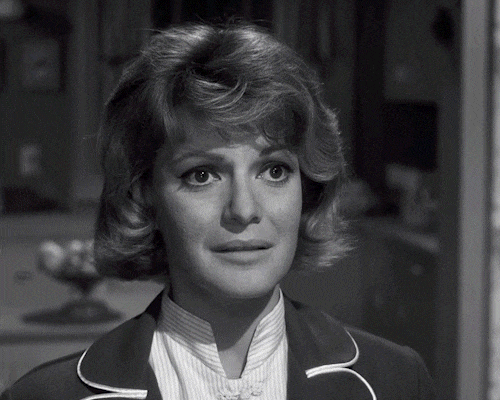

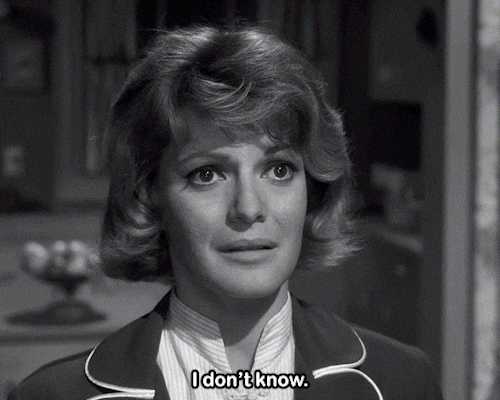
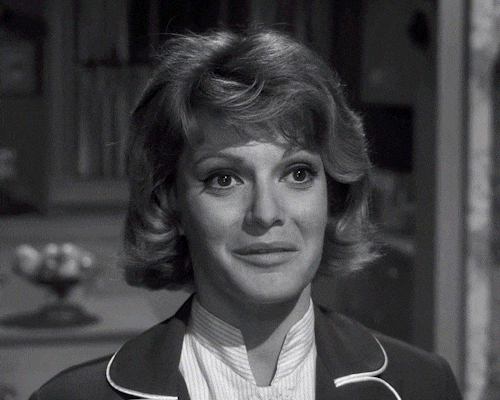


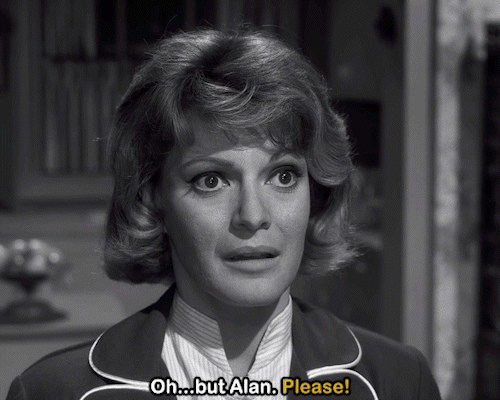
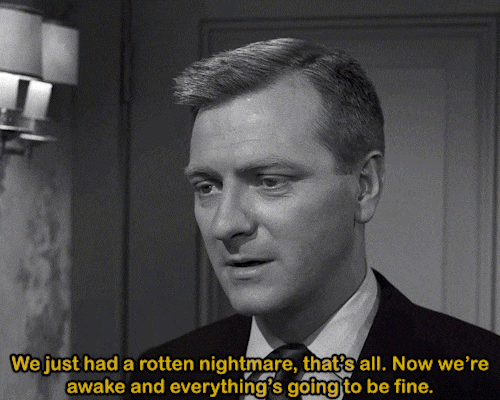



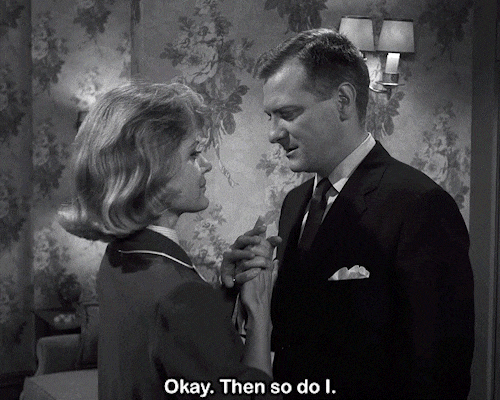
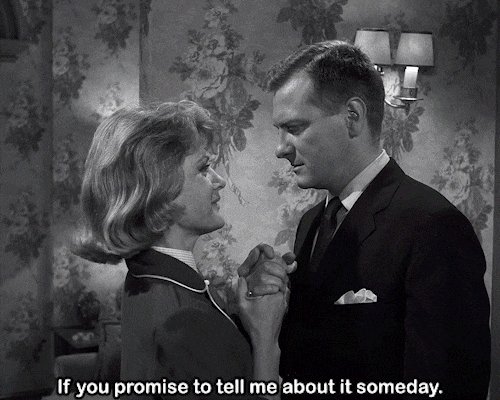

GEORGE GRIZZARD and GAIL KOBE in THE TWILIGHT ZONE | 4.01 IN HIS IMAGE
#thetwilightzone#ttz#ttzedit#thetwilightzoneedit#1960's#1960's tv#1963#in his image#retro tv#retroedit#retro#4.01#4x01#george grizzard#gail kobe#romancegif#romanceedit
15 notes
·
View notes
Text














Series Premiere
The Twisted Image - NBC - September 13, 1960
A presentation of "Thriller" Season 1 Episode 1
Drama
Hosted by Boris Karloff
Stars:
Leslie Nielsen as Alan Patterson
George Grizzard as Merle Jenkins
Natalie Trundy as Lily Hanson
Dianne Foster as Judy Patterson
Constance Ford as Louise Jenkins
Virginia Christine as Marge
Carol Kelly as Miss Rudley
Ray Montgomery as Bill Purdy
Pat McCaffrie as Liquor Store Proprietor
Mickey Simpson as Bert
Pamela Duncan as Sue
Judy Whitney as Leticia Patterson (Billed as Judy Erwin)
Bill Idelson as Jenkins Neighbor
Victor Sen Yung as Bartender
#The Twisted Image#TV#Thriller#NBC#1960#Drama#Boris Karloff#Leslie Nielsen#George Grizzzard#Natalie Trundy#Dianne Foster#Series Premiere
3 notes
·
View notes
Text

Rod Serling ֍ Patricia Berry & George Grizzard in The Twilight Zone Season 1 Episode 31: The Chaser (1960)
NARRATOR: [Closing Narration] Mr. Roger Shackelforth, who has discovered at this late date that love can be as sticky as a vat of molasses, as unpalatable as a hunk of spoiled yeast, and as all-consuming as a six-alarm fire in a bamboo and canvas tent. Case history of a lover boy, who should never have entered The Twilight Zone.
5 notes
·
View notes